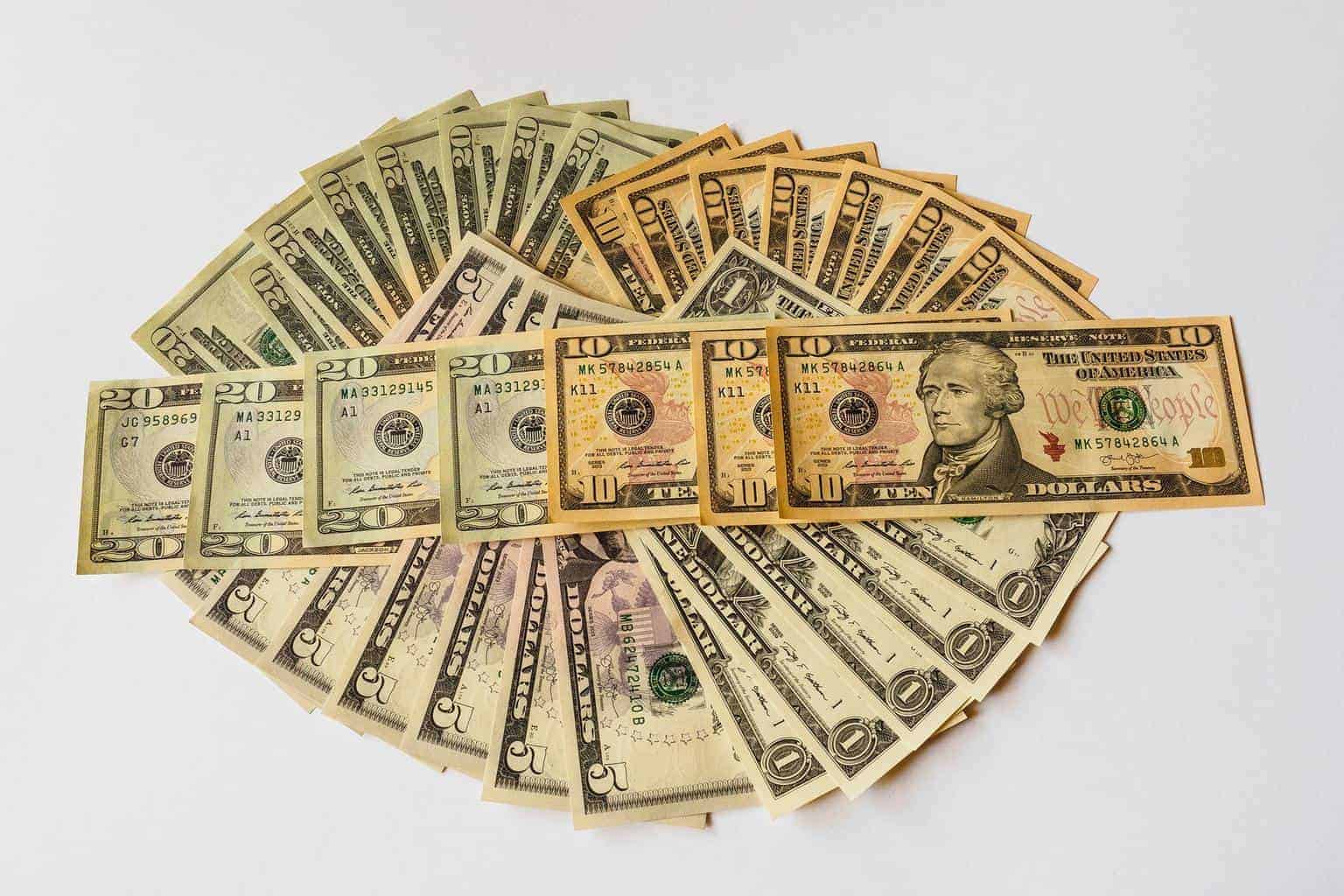Are you tired of juggling several outstanding debt balances? You could consolidate your debt, save a bundle in interest, and meet your payoff goals in a jiffy.
But what if you don’t qualify for a debt consolidation loan or credit card or have excessive amounts of debt that seem impossible to pay off? It may be more ideal to work with a debt resolution company to get the relief you need.
Read on to learn more about debt consolidation options and how to debt if you should consider debt settlement.
What is Debt Consolidation?
Debt consolidation refers to a strategy used by consumers to get a handle on their unsecured debt. Instead of making several monthly payments, you combine several debts into a single loan product. Consequently, you only make one monthly payment for the debt balances rolled into the new loan.
There are several options to consolidate your debt, including debt consolidation loans, balance transfer credit cards, home equity loans and 401(k) plans.
The Types of Debt You Can Consolidate
You can consolidate many forms of unsecured debt, including credit card balances, personal debt, medical debt and department store credit card debt. Secured debts, like mortgages and auto loans, cannot be consolidated. Financial obligations connected to lawsuits, tax-related matters and utility bills also aren’t eligible for consolidation.
Will Debt Consolidation Affect Your Credit Score?
If you reduce or wipe out your credit card balances with a debt consolidation or home equity loan, your utilization ratio will improve. In turn, your credit score will likely follow suit as long as you refrain from running up the balances on the cards you pay off.
The same goes for balance transfer credit cards – if you use one to pay off high-interest credit cards, your score could improve, assuming you don’t use the cards you pay off.
Regardless of which loan product you use to consolidate debt, you must make timely payments on all your outstanding accounts. This helps improve payment history, which accounts for 35 percent of your credit score, and could lead to increases in your credit score over time.
When is Debt Consolidation a Good Idea?
When you consolidate your debt, you’ll enjoy a streamlined repayment process and possibly pay less in interest over time. But is it ideal for your situation? It depends on your financial health and credit rating.
If you have a steady source of income, good or excellent credit score and can comfortably cover your expenses (including monthly debt payments), debt consolidation may be worth it. However, it may be best to explore other options, like debt settlement, if you’re saddled down by debts and can’t afford to make the payments. Debt consolidation also probably isn’t a good fit if your spending is out of control, you struggle to cover basic necessities, and you can’t foresee debts ever being paid in full.
How to Consolidate your Debt
Follow these steps to streamline the debt consolidation process:
1. Determine Debts You Want to Pay
Do you know what you owe? Take an inventory of your unsecured debt to determine which balances you want to pay off through debt consolidation. Be sure to note the total outstanding balance, credit limit, interest rate and minimum monthly payment.
(Quick note: if any of your accounts are delinquent, get current before applying for a debt consolidation product).
2. Review Debt Consolidation Options
Evaluate your options to determine which could work for your financial situation.
Debt Consolidation Loan
A debt consolidation loan is an unsecured product that’s designed to help you pay off debts faster. To be effective, you’ll need a loan with a lower interest rate than what you currently have on your outstanding debts.
If approved, you’ll get the loan proceeds as a one-time payment and can pay off high-interest debts. Loan terms usually span between three and five years, and the interest rate is fixed.
Balance Transfer Credit Card
Balance transfer credit cards are available to consumers with good or excellent credit. Below is a scenario demonstrating how it works.
- Credit card #1: $350 balance, 14.9% interest rate, $15 minimum monthly payment, 28-month payoff term, and $34.34 in total interest paid
- Credit card #2: $600 balance, 16.9% interest rate, $25 minimum monthly payment, 30-month payoff term, and $137 in total interest paid
- Credit card #3: $800 balance, 18.9% interest rate, $35 minimum monthly payment, 29-month payoff term and $199 in total interest paid
If you move the balances to a credit card balance transfer, you’ll be on the hook for the 3 percent balance transfer fee (if applicable). In this case, it would amount to $52.50. However, you could save $370.34 ($34.34 + $137 + $199) in interest if you’re able to pay the card off before the promotional interest period ends.
Home Equity Loan
Home equity loans generally aren’t the best choice as they’re too risky. They act as second mortgages that use your home as collateral. So, if you fall behind on loan payments, the lender could foreclose and sell your home to recoup their losses.
The upside is the potential borrowing power if you have substantial equity in your home. Most lenders let you borrow between 80 and 90 percent of your home’s equity. To illustrate, if your home is worth $435,000 and you owe $305,000 on your mortgage, you could qualify for between $43,000 ($435,000 * .80 – $305,000) and $86,500 ($435,000 * .90 – $305,000) in funding.
You’ll need good or excellent credit to qualify for a home equity loan. If approved, funds are disbursed in a lump-sum payment and payable in equal monthly installments over a set period as the interest rate is fixed.
401(k) Plan
Similar to home equity loans, 401(k) loans should be used as a last resort to consolidate debt. Most employers permit five-year loans of up to 50 percent of your retirement account balance.
The interest rate is low, and you’ll benefit as it’s paid directly to your account. Plus, credit checks are not required. Unfortunately, taking money from your nest egg means you’ll forfeit potential earnings in the short term and prevent the power of compounding interest from fully working in your favor. And suppose you leave your job before the loan is paid off. In that case, the remaining balance will be classified by the IRS as a distribution and subject to taxation
3. Apply, Get Approved and Start Pay Off Your Debts
Once you’ve decided on a loan product, apply directly with the lender. Be sure to submit any requested documentation to avoid delays in the processing of your application.
The lender will review your entries and check your credit to determine if you qualify. Assuming your credit score, debt-to-income ratio, and income meet the minimum criteria; you could get approved.
In most instances, credit card issuers and debt consolidation lenders issue quick approvals. But it could take a bit longer if you apply for a home equity loan.
Before the loan is finalized, review the closing documents and address any questions or concerns you may have. The loan proceeds will be sent to you after signing the closing documents.







